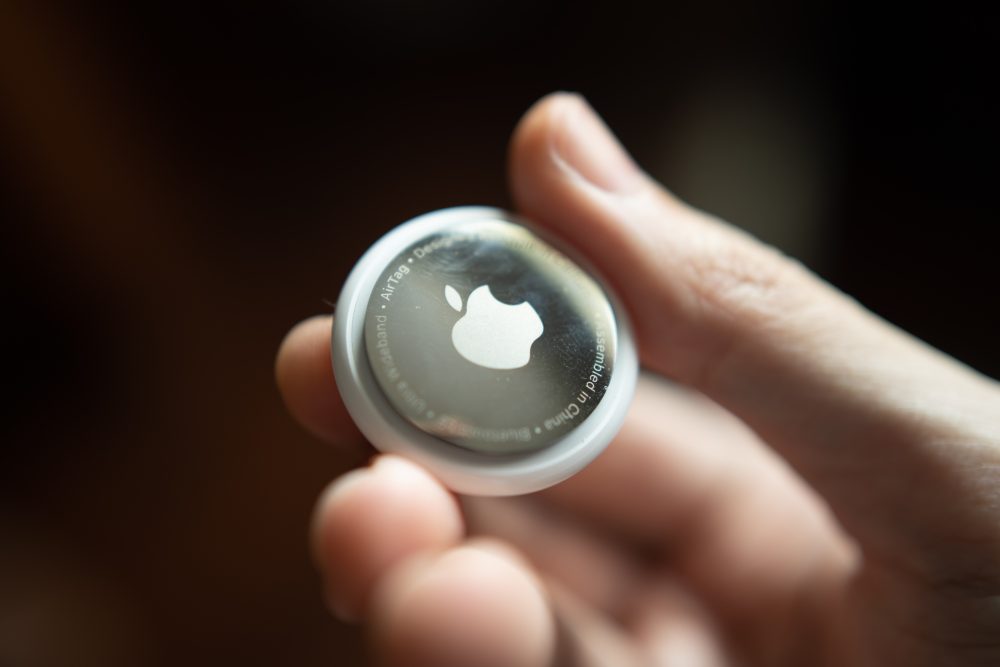The smart tag market is growing, but still has a lot of potential ahead. According to Parks Associates’ research, 95 million smart tags will be sold in the U.S. by 2027, an increase from almost 16 million in 2022, as consumers use these solutions to track valuables, pets and even other people.
Smart tags are an easy, portable and relatively inexpensive solution to a common consumer need – to find things. Though the product category existed before, Apple’s entry in 2021 validated the smart tag category and accelerated competition in the market. Several factors point to future growth:
- Positive user experience: Consumers who own a smart tag report being satisfied with its ability to help them find their lost or stolen valuables.
- Bundling and accessories: Smart tags are relatively low-priced devices that can be bundled together as a pack or attached to a smartphone sale. They also call for their own accessories, driving up the value of the purchase.
- Evolving use cases: As the technology continues to evolve, smart tag products and services will continue to evolve with it, opening up new use cases for the devices and increasing in popularity among consumers.
Smart tag adoption is becoming more common and controversial, with an 8 percent household adoption rate, there is still much room for growth in the smart tag market, according to Parks Associates. This is positive, but there is a stark contrast between smart tag purchase intentions and actual smart tag purchases. The research firm finds that 23 percent of households said there is a high likelihood they will purchase a smart tag in the next six months, but only 1 percent of households surveyed actually purchased their device within the last six months. With current economic conditions likely weighing on consumer’s minds, smart tags may not be seen as a necessary purchase despite the low price tag.
Consumers are interested in smart tags and see value in their originally intended use – to efficiently locate misplaced items. Apple, though a recent entrant to this space, is the current market leader.
Unexpectedly, however, 32 percent of respondents admitted to using this technology to track another person without their knowledge, which has potentially dangerous implications for public safety. Parks Associates reports that of the 32 percent who reported using smart tags to track another person without their knowledge, 89 percent have children in the home. Further, 45 percent report they did so out of concern for someone’s (likely their child’s) safety. Together, this implies that most individuals engaging in this behavior are well-meaning parents who are using smart tags to keep an eye out on their children.
Companies making smart tags must be aware of how consumers are inevitably using their products – intended or not – and work to provide the best and safest solution going forward for the general public.

The smart tag market is only beginning and has the potential to move into new use cases as consumers become more creative with how they track their valuables, as well as what is considered worth tracking. Increasing concerns over privacy and misuse are becoming more prevalent, however. With consumers inevitably using smart tags to track people, companies need to present countermeasures to combat potential misuse, even if only by well-intending caregivers.
This research is from Parks Associates’ Smart Product Market Assessment: Smart Tags, Personal Trackers, and Asset Protection. For more information on consumer adoption, usage, and attitudes regarding the emerging market for Bluetooth trackers, please visit www.ParksAssociates.com.















